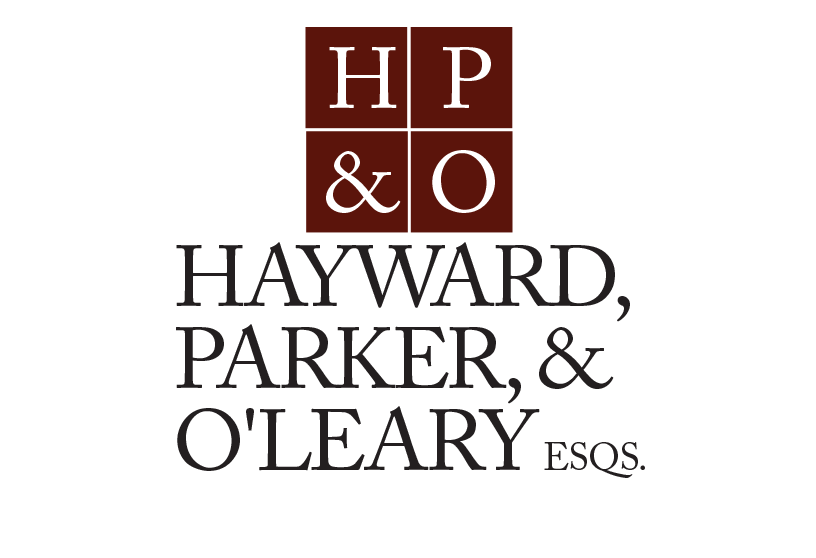Orange County Lawyers Handle Bankruptcy Litigation for New York Residents
Although many aspects of bankruptcy law and procedure are handled without the intervention of a Bankruptcy Judge (as with a Chapter 7 case where no assets are administered by a Chapter 7 trustee1), some issues require specialized motion practice and sometimes trial work before the Bankruptcy Judge. We’ll call that part of bankruptcy legal practice “bankruptcy litigation.”
You may already have read about some kinds of bankruptcy litigation in Chapter 13 cases, such as the motion to avoid entirely valueless junior mortgages (known as the “Pond” motion, after the case it is named for), or the motion to avoid judicial liens that interfere with the client’s homestead exemption, which can be brought in individual cases under any chapter of the Bankruptcy Code. Beyond these relatively routine motions, however, are matters, which seem a lot more like what lawyers do in state and federal trial courts.
Some examples of this work include the motion for sanctions against a creditor for violation of the automatic stay, or the motion for contempt for a creditor’s violation of the discharge injunction. These motions seek to preserve the integrity of the bankruptcy process and the client’s right to be free from collection efforts during and after a bankruptcy case, respectively.
In a proper case, lawsuits (called “adversary proceedings”) may be brought in the Bankruptcy Court seeking to remedy creditor misconduct under legal theories arising under federal and state law. One example of this kind of adversary proceeding is the objection to a mortgage creditor’s proof of claim in a Chapter 13 case, coupled with counterclaim(s) for, e.g., consumer fraud.
Occasionally, the debtor client may wish to have the Bankruptcy Court issue a ruling determining whether a particular claim will be discharged in the case, e.g., certain tax claims. Unlike determinations of the dischargeability of limited classes of claims on account of alleged wrongdoing by the debtor client which must be brought by a creditor soon after the case is filed, neither the creditor nor the debtor is required to have the Bankruptcy Court issue a ruling on a wide variety of debts, including past-due income taxes. Rather than wait for the case to close and see whether the IRS or the state continue to seek collection of past-due income taxes, the client may wish to bring the matter before the Bankruptcy Court in an adversary proceeding. It is generally believed that the Bankruptcy Court is a more favorable venue for the debtor for determination of such claims than the U.S. Tax Court, which more often favors the government.
Yet another type of bankruptcy litigation is defensive in nature, as where a creditor brings an adversary proceeding against the debtor client seeking to avoid the discharge of its claim, or objecting to the debtor’s discharge in its entirety. If these claims cannot be successfully settled to the client’s satisfaction, they must be aggressively defended to avoid what may become seriously adverse consequences for the debtor client.
The nature and scope of bankruptcy litigation can be extremely broad, given the Bankruptcy Court’s jurisdiction over property of the estate. You should consult with a qualified bankruptcy attorney if you are facing, or wish to consider bringing, these types of actions.
1The trustees in the bankruptcy system are usually lawyers in private practice who also serve as fiduciaries for the benefit of creditors, appointed and overseen by the division of the U.S. Justice Department known as the Office of the United States trustee.
